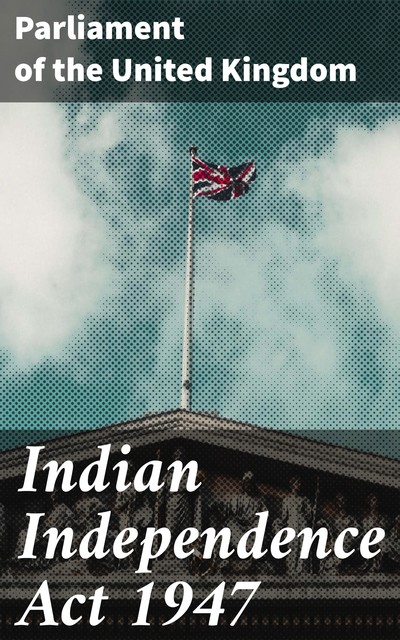We use cookies to improve the Bookmate website experience and our recommendations.
To learn more, please read our Cookie Policy.
To learn more, please read our Cookie Policy.
Accept All Cookies
Cookie Settings
The Indian Independence Act of 1947 stands as a landmark legislative document, intricately detailing the legal framework for the partition of British India into two sovereign states: India and Pakistan. Through its succinct yet comprehensive provisions, the Act delineates the transfer of power from British colonial rule to Indian leadership, representing a dramatic shift in the political landscape of South Asia. The text employs a formal legal style, reflective of its legislative origins, and is contextualized within the broader tapestry of decolonization, which reshaped global power dynamics in the mid-20th century. Its historical significance is underscored by the complex negotiations that preceded it, coupled with the tumultuous socio-political environment of the time. The Parliament of the United Kingdom, representing the imperial authority during India's struggle for independence, crafted this pivotal Act in response to mounting pressures from nationalist movements and global trends favoring self-determination. Influenced by key figures such as Mahatma Gandhi and Jawaharlal Nehru, the Parliament's decision to legislate Indian independence mirrored the moral and ethical imperatives of the post-World War II epoch, where colonial empires were rapidly being dismantled. This critical text should be read by students of history, political science, and international relations alike, as it provides crucial insights into the complexities surrounding one of the most significant events of the 20th century. The Indian Independence Act of 1947 is not merely a legal document but a narrative that captures the aspirations and struggles of millions, making it essential for a deeper understanding of contemporary India and its historical trajectory.
more
33 printed pages
- Copyright owner
- Bookwire
- Original publication
- 2020
- Publication year
- 2020
- Publisher
- Good Press
Other versions
Have you already read it? How did you like it?
👍👎
fb2epub
Drag & drop your files
(not more than 5 at once)


